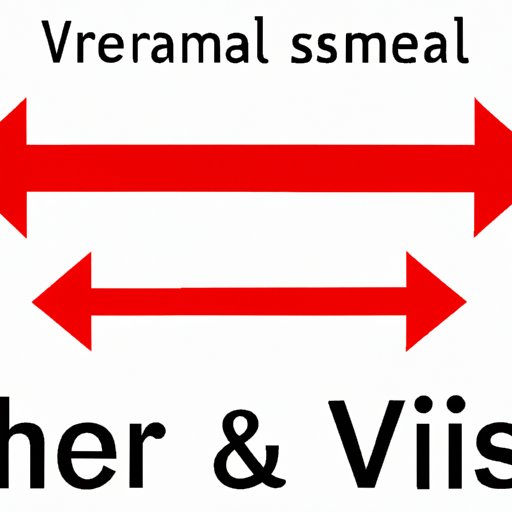
I. Introduction
Exercise is often associated with weight loss. Many people believe that the more they exercise, the more weight they will lose. However, this is not always the case, and some individuals may even experience weight gain. In this article, we will explore the reasons why you might gain weight when exercising and what you can do to avoid it.
II. Common Misconceptions about Weight Loss and Exercise
It is a common misconception that exercise directly leads to weight loss. While exercise does burn calories, it may not always result in weight loss. This is because weight loss is determined by the number of calories consumed versus the number of calories expended. So, if you consume more calories than you burn, you will gain weight regardless of your exercise routine.
III. Science Behind Weight Fluctuations
There are several reasons why people may experience weight gain despite exercising regularly. Water retention is a common reason. When you start an exercise routine, your muscles may retain water to repair and recover, which can result in temporary weight gain.
Another reason for weight gain could be muscle gain. Building muscles by strength training can actually lead to weight gain. This is because muscles are denser than fat, which means they take up less space in the body compared to the same weight of fat. So, while your weight may increase, your body fat percentage could actually decrease.
Lastly, it is possible to gain weight while losing fat. This happens when people lose fat but also gain muscle at the same time. It is possible to lose inches while your weight stays the same or even increases.
IV. Importance of Proper Nutrition and Rest
While exercise is important for overall health, it is only one piece of the puzzle. Nutrition and rest are equally as important. If you do not eat a balanced diet with enough calories to fuel your workouts or get enough rest and recovery, your body will react by holding on to weight or gaining weight.
For example, if you cut back too much on calories, your body will go into starvation mode and hold on to fat, which could result in weight gain. Similarly, if you over-exercise and don’t allow for enough rest and recovery, your stress hormones, such as cortisol, will increase, which could result in weight gain around the midsection.
V. Personal Experiences of Individuals Who Gained Weight While Exercising
It is important to understand that weight gain while exercising is not uncommon, and many people have shared their personal experiences with this issue. For example, some people may experience weight gain when starting a new workout routine because their bodies are adjusting to the new activity, and they may be eating more to support the extra energy expenditure. Others may experience weight gain during intense workout periods because they are not getting enough rest or are not consuming enough calories to support their activity level.

VI. The Role of Stress and Hormone Imbalances
Stress and hormone imbalances can play a significant role in weight gain despite exercise. High levels of stress can lead to an increase in cortisol levels, which can cause you to hold on to weight, particularly around your midsection. Hormone imbalances, such as an underactive thyroid or polycystic ovary syndrome (PCOS), can also lead to weight gain. If you suspect that stress or hormone imbalances could be contributing to your weight gain, it is important to get checked by a healthcare provider.
VII. Different Types of Exercise and Their Effects on Weight
Not all exercises are created equal in terms of their effects on weight. While any exercise is better than no exercise, different types of exercise can have varying effects on weight. Cardio exercises, such as running or cycling, are great for burning calories and losing weight, while strength training exercises, such as weight lifting, can help build muscle and increase metabolism. High-Intensity Interval Training (HIIT) combines both cardio and strength training and can help burn calories and build muscle quickly.
VIII. Tips and Strategies for Avoiding Weight Gain While Exercising
Here are some tips and strategies for avoiding weight gain while exercising:
- Track your food intake to make sure you are not consuming more calories than you need
- Stay hydrated by drinking plenty of water
- Get enough rest and recovery time
- Diversify your exercise routine to include different types of exercises
IX. Conclusion
Exercise is an important component of a healthy lifestyle, but it is not necessarily a direct path to weight loss. Understanding the science behind weight fluctuations and the importance of proper nutrition and rest can help you avoid weight gain while exercising. By incorporating different types of exercises and following the tips and strategies outlined in this article, you can get the most out of your workouts while avoiding unwanted weight gain.





